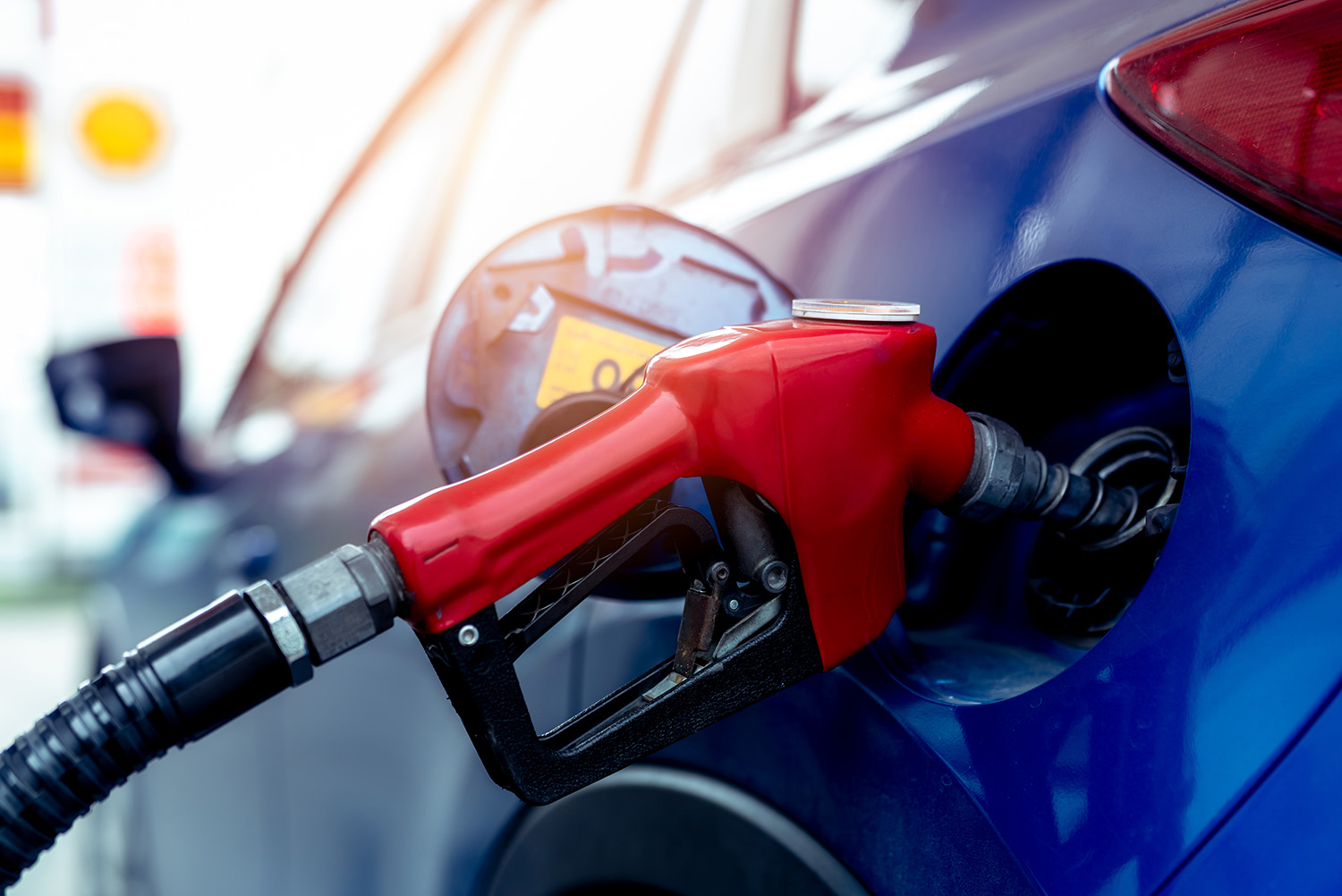The Rust Belt and the Salt Belt may sound similar, and you might even hear them used interchangeably, but they are distinct names that any automotive professional or enthusiast should know. Take a few seconds to get the real story on these terms.

In April, the Environmental Protection Agency (EPA) announced an emergency action that allows E15 gasoline – gasoline blended with 15% ethanol – to be sold at terminals and retail stations in states where it previously could not. The action is said to be aimed at expanding Americans’ access to more affordable fuel during the peak summertime driving season when gasoline prices typically increase.
The EPA’s decision temporarily delays current regulations that prohibit summertime sales of E15 in about two-thirds of the nation. The emergency action will permit fuel terminals to sell the blend starting on May 1, and retail stations starting on June 1. The agency stated that the basis for the action, which extends a waiver on existing emissions standards, is their research showing “no significant impact on evaporative emissions…from cars and trucks.” The Clean Air Act allows the EPA Administrator, in consultation with the Department of Energy, to temporarily waive certain fuel requirements to address shortages. E15 can already be sold year-round in parts of the country that have a Reformulated Gasoline program, such as in regions of California, New Jersey, and Philadelphia, Pennsylvania.
An April 28 news release from the EPA states: “This action will provide Americans with relief at the pump from ongoing market supply issues created by Russia’s unprovoked war in Ukraine by increasing fuel supply and offering consumers more choices at the pump. The waiver will help protect Americans from fuel supply crises by reducing our reliance on imported fossil fuels, building U.S. energy independence, and supporting American agriculture and manufacturing. Current estimates indicate that on average, E15 is about 25 cents a gallon cheaper than E10.”
Using E15 in the wrong vehicle can create major engine problems. E15 is not for use in older cars or trucks unless they have been modified to handle its distinct chemical characteristics. The blend can clog fuel pumps and filters, and damage fuel system components such as seals, gaskets, and carburetors. According to Popular Mechanics, “Ethanol is fairly corrosive to rubber and certain metals, which means it can cause damage to vital components in your fuel system…Ethanol also attracts and bonds with water from the air, and that water can separate out inside the tank due to phase separation.”

Consumer Reports says E15 is safe for 2001 and newer cars, light-duty trucks, and medium-duty SUVs. The publication does, however, caution against using the fuel “in motorcycles or other small engines, heavy-duty trucks, or nonroad vehicles such as boats and snowmobiles.” For that reason, owners of those vehicles, along with users of gasoline-powered tools, should be wary when visiting fueling locations that have single-nozzle fuel pump setups. The EPA allows three fuel pump configurations for the sale of E15: a pump exclusively dedicated to dispensing the fuel, a common hose for dispensing both E10 and E15 gasoline blends, or a common hose that dispenses E15 along with flex fuels such as E20, E30, and E85.
In the first two configurations, the EPA has provided specific labeling and dispensing requirements to try to prevent the improper use of ethanol blends, but in the third case, the agency advises gasoline retailers to “work with the EPA” before offering E15 to customers. The regulations seemingly invite confusion at the pump: Even if a customer selects a non-ethanol blend, the nozzle and hose on the gas pump may contain more than enough residual E15 from the previous customer’s visit to contaminate an older vehicle’s fuel supply, or even fill a small fuel tank or portable gas container. On power equipment commonly used by commercial contractors and homeowners alike, that leftover ethanol blend can clog comparatively tiny carburetor jets and wreak havoc in a small engine, adding insult to the injury of paying a higher price for the gas you didn’t get and for repairs caused by the gas you did.
Mechanics have also warned that E15 can cause problems in regions of the US that experience significant seasonal weather changes where motorcycles, boats, snow blowers, lawn mowers, and gas-powered tools can be stored unused for months at a time.
“The fuel evaporates and leaves behind all the makeup in the fuel and clogs up passageways inside the carburetor to where they don’t run properly or they don’t start easily,” Troy Behrens, with Van Wall Equipment, a large John Deere dealer headquartered in Urbandale, Iowa, said. “So we’re replacing carburetors on a regular basis.”
The articles and other content contained on this site may contain links to third party websites. By clicking them, you consent to Dorman’s Website Use Agreement.
Participation in this forum is subject to Dorman’s Website Terms & Conditions. Please read our Comment Policy before commenting.